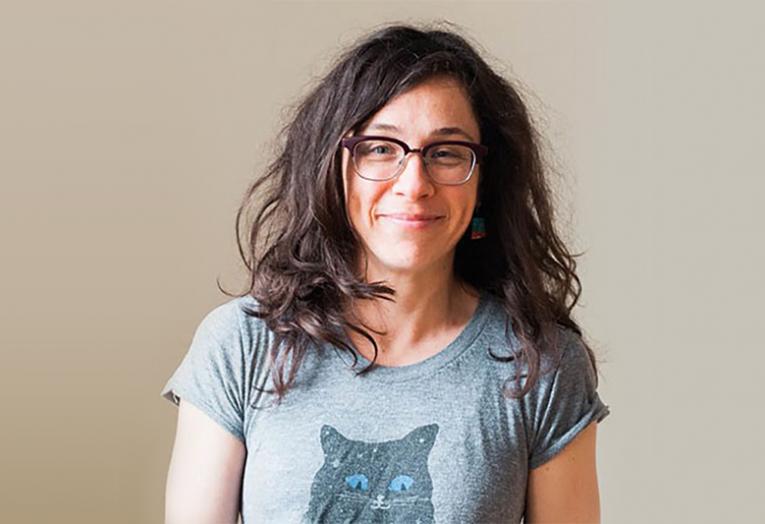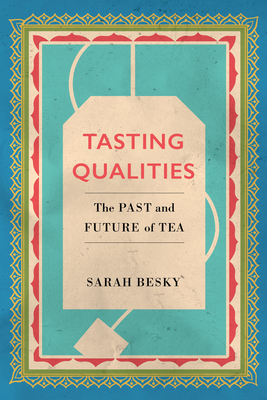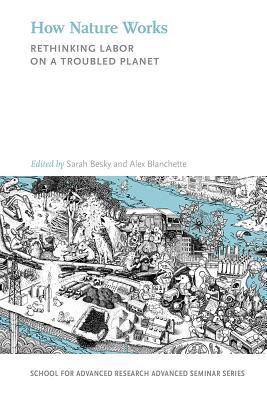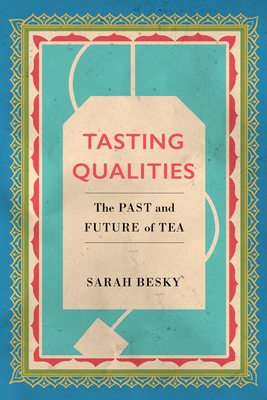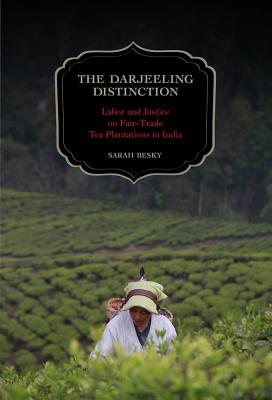Sarah Besky
Sarah Besky is a cultural anthropologist and Associate Professor in the ILR School. Her research uses ethnographic and historical methods to study the intersection of inequality, nature, and capitalism in the Himalayas. In her work, she analyzes how materials and bodies take on value under changing political economic regimes, and she explores the diverse forms of labor that make and maintain that value. Articles on these questions have appeared in Cultural Anthropology, American Ethnologist, American Anthropologist, Comparative Studies in Society and History, Antipode, and Environmental Humanities, as well as other interdisciplinary journals.
Her first book, The Darjeeling Distinction: Labor and Justice on Fair-Trade Tea Plantations in India (University of California Press, 2014) explores how legacies of colonialism intersect with contemporary market reforms to reconfigure notions of the value of labor, of place, and of tea itself. Her second book, Tasting Qualities: The Past and Future of Tea (University of California Press, 2020) blends historical and ethnographic research on science, value, and the idea of quality in the tea industry to analyze efforts at economic reform in India. Another book, How Nature Works: Rethinking Labor on a Troubled Planet (SAR Press, 2019), a volume Besky co-edited with Alex Blanchette, brings together contemporary theoretical conversations in posthumanism with classic and continually relevant questions about political economy, precarity, and the meanings of work.
Her new research explores the intersections of agricultural extension and experimentation, colonial and postcolonial governance, and the everyday productive and reproductive work of farming in the Himalayan region of Kalimpong, West Bengal.
Source: Cornell University, ILR School
Books by Author
Videos






